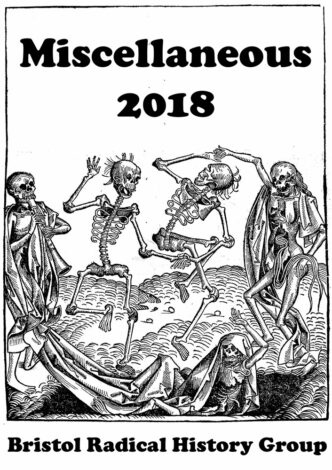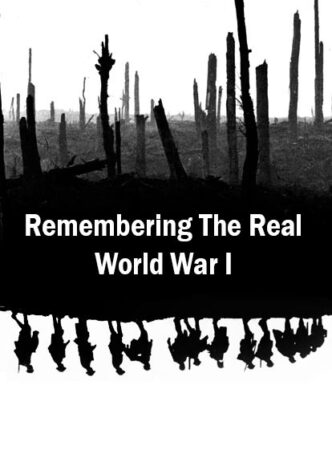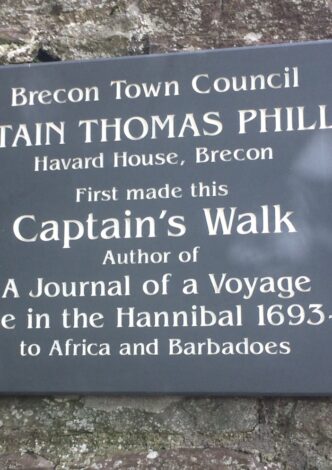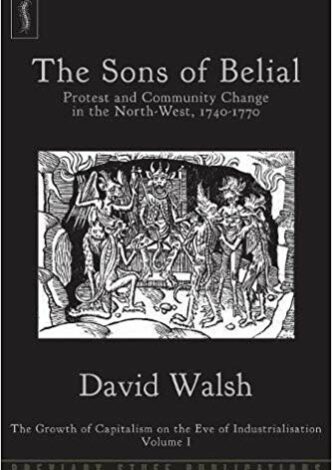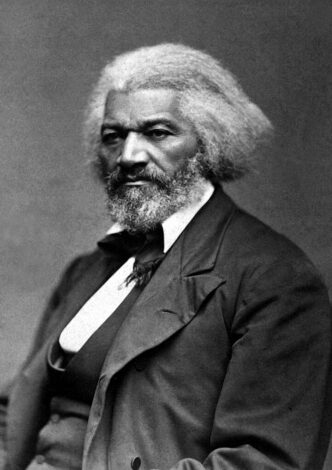A rare chance to see the 1986 Channel 4 documentary that explored the clash between British forces and the left-wing Greek Resistance against the Nazi occupation in 1944, which led to the 'Battle for Athens' and into a bitter three year Civil War. The defeated Greeks fled into exile and waited more than 30 years for the PASOK Amnesty in 1982 that allowed them to return home. In the documentary they tell their story for the first time, alongside the British protagonists. The British Establishment […]
During World War One, five soldiers from different nations end up together amongst ruins in no man’s land and decide to stick together. Shot in 1931, this is the first international ‘talkie’, with music by Hans Eisler, the composer of “The Threepenny Opera”. One of its main characters was played by Lewis Douglas, a black American actor, and this made the film especially hateful to Nazi propagandist Joseph Goebbels who ordered every copy of the film to be destroyed. But one survived, hence the […]
 Videos from Bristol Radical History Festival 2018
Videos from Bristol Radical History Festival 2018
These videos are from Bristol Radical History Festival 2018, held at M Shed on Sunday 6th May, 2018. Strikes, equal pay and workers’ control: the workplace in ’68 Women, politics and protest Feminist perspectives on ‘68 What I remember... memories of 1968 The Bristol Sit in Student protest and occupation in 1968 Pressure Drop What did the protests of ’68 achieve From Festival to Carnival 50 Years of St Paul’s
If you were to walk around the rear side of the former house and home of Captain Thomas Phillips in Brecon, located along Captains Walk, you will notice a rather handsome slate plaque memorialising his life. The Phillips’ family house is now St Ursula’s Convent, a former catholic school. The plaque was paid for by the people of Brecon, and was erected (though not without controversy), in 2010. It reads innocently enough: CAPTAIN THOMAS PHILLIPS Havard House, Brecon First made this Captain’s Walk […]
 Not A BRHG Event
Not A BRHG Event
Dorset’s second Radical Bookfair will take place on Saturday 4th August 2018 at Beaufort Community Centre, Beaufort Rd, Bournemouth BH6 5LB (Nearest railway station is Pokesdown). All rooms have access for disabled people. Our e-mail address is dorsetbookfair@riseup.net Bristol Radical History Group will be giving the following talk.... How to stop a war: The German Servicemen’s Revolt of 1918 The German revolution of 1918-20 and its violent suppression is a little known event in the British […]
This is a very good book, extremely informative. Even though the bulk of the book is set in the North West of England, there is a wider historical scope. Which would be very useful for the student or historian of the period. The book opens with an in depth examination of developing economic theories. It charts the shift from a largely agrarian, paternalistic society, to an industrialising nation, and rapid urbanisation. Furthermore, the study looks at the development of a mercantilist philosophy […]
In the summer of 1846 the famous American abolitionist Frederick Douglass took to the stage of the Victoria Rooms in Bristol, enthralling his thousands-strong audience with vivid denunciations of slavery. He was feted by the mayor and received great support from the people of the city, maintaining friendships with many of those he met for the rest of his life. Douglass biographer Laurence Fenton will discuss the background to and details of the great abolitionist's visit to Bristol in a talk at […]
 Not A BRHG Event
Not A BRHG Event
This will be the last chance to see the Refusing to Kill exhibition at the Bristol Archives and an opportunity to see the excellent Otherstory puppet show 'Taking a Holiday' and take part in a research workshop. From 1.00 pm – the opportunity for a guided viewing of the exhibition 2.00 pm – ‘Taking a Holiday‘ puppet show by Otherstory Puppetry In 1916, a man of conscription age who “took a holiday” was probably on the run from the military autorities. The show tells the amazing story of how a […]
 Not A BRHG Event
Not A BRHG Event
The 'Refusing To Kill – Bristol’s World War 1 Conscientious Objectors' exhibition has been at Bristol Archives since June 5th. Just as when it was shown elsewhere in the city, it has attracted lots of interest. It runs until July 14th. While including much of the material displayed previously there is plenty that is new – both from local archives and CO relatives. See Bristol Archives website here for opening hours and how to get there. Alongside the exhibition there are a number of events […]
After the Frederick Douglass event in the city on Bank Holiday Monday (28 May, 2018) in which BRHG members took part and which drew several hundred people we are publishing this article by Laurence Fenton. Laurence has just written a new book on the African American abolitionist's visits to Victorian Britain and is calling for a more permanent memorial to this important moment in the history of the city and the struggle against slavery. BRHG fully support this initiative. While actions from the […]
